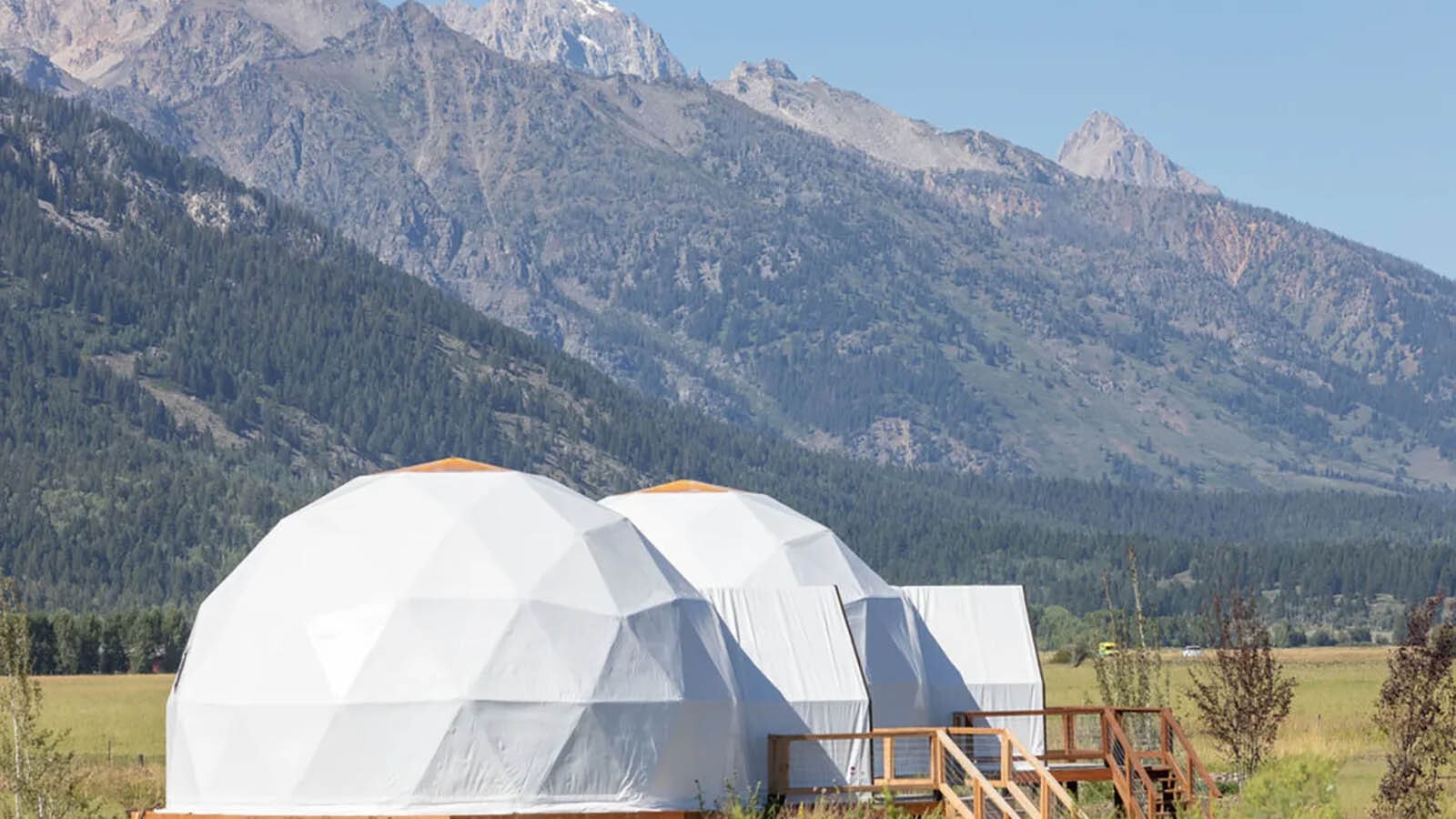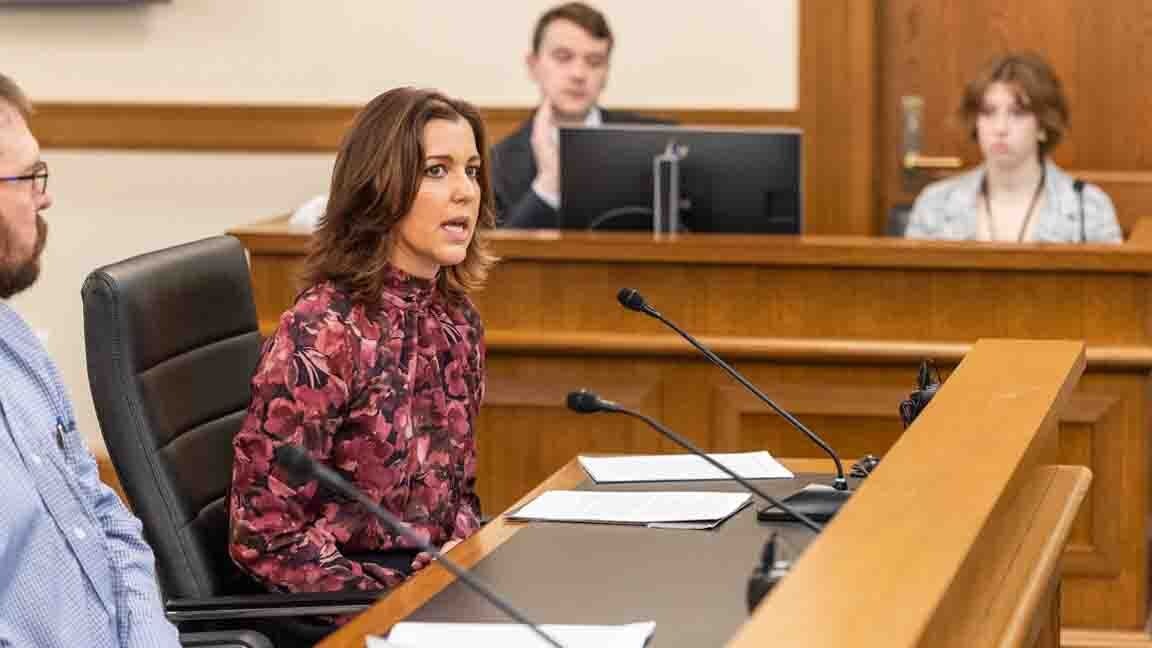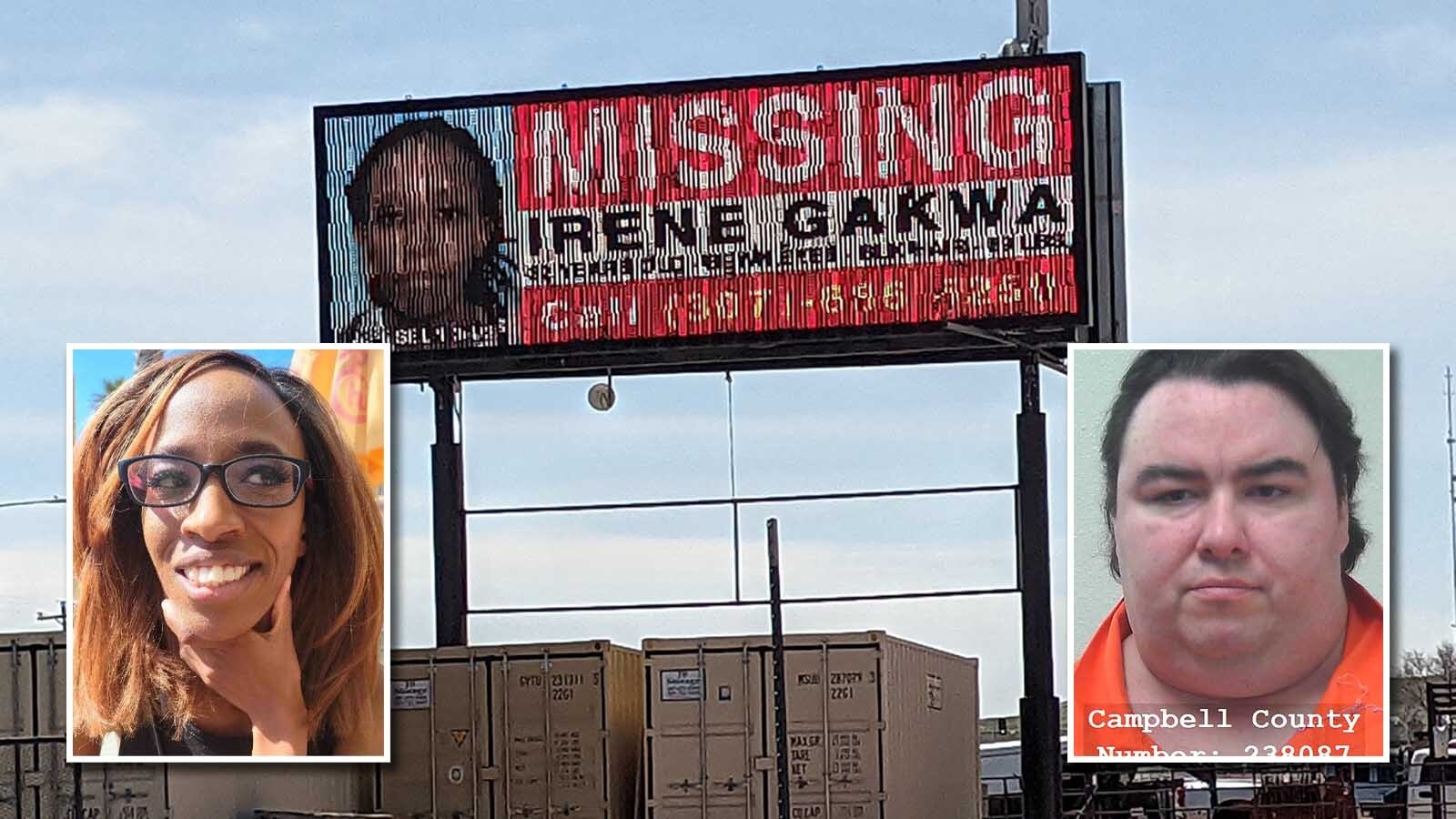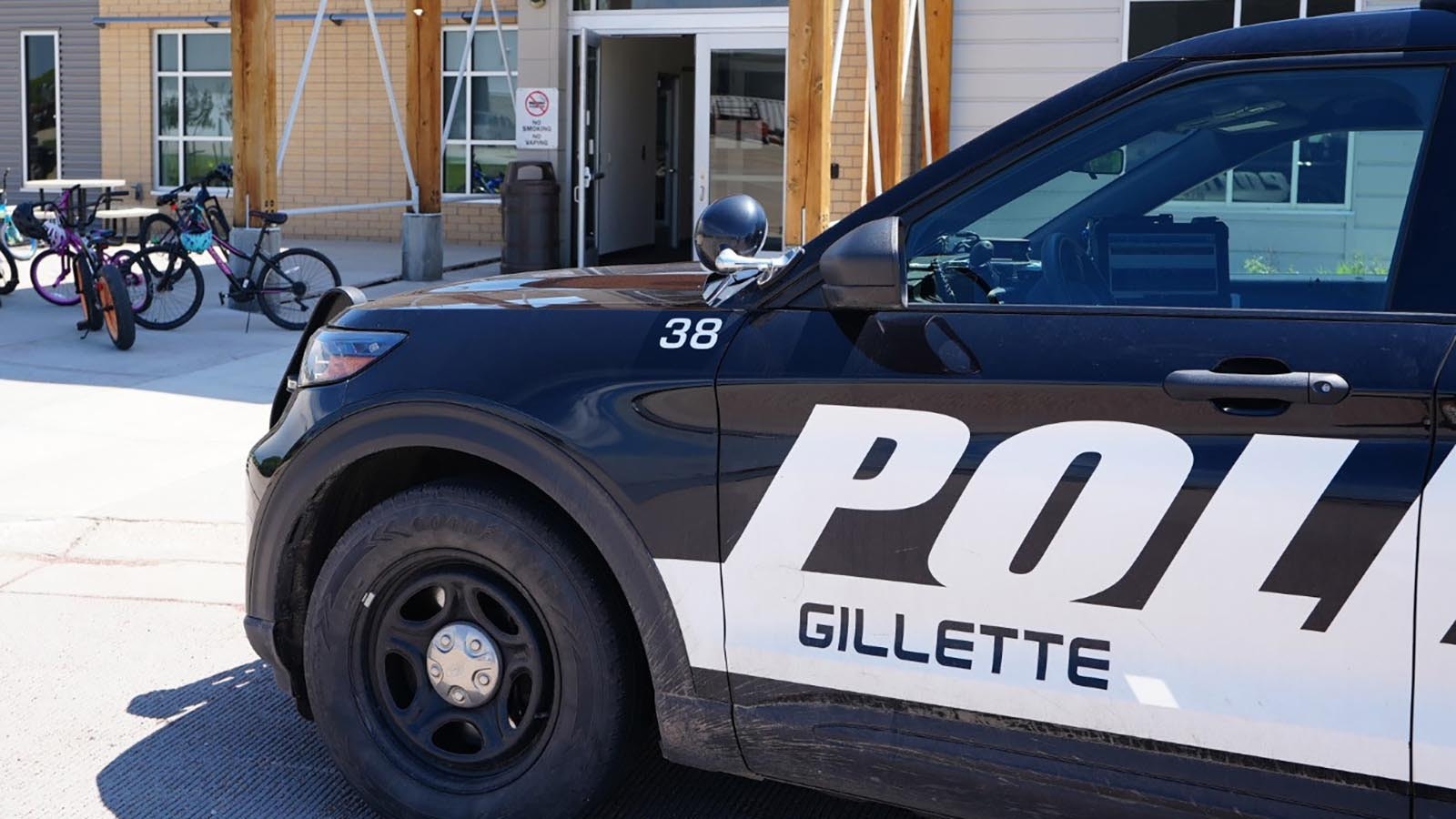The state of Wyoming can authorize two businesses to operate on state lands in Teton County — despite the county’s land use regulations and without its blessing — the Wyoming Supreme Court has ruled.
So ends a nearly three-year conflict between Wyoming state government and Teton County, which has the most rigorous land use regulations in the state.
The Wyoming Office of State Lands and Investments solicited commercial development proposals for land in the Teton Village Road State Land Parcel. Then on June 2, 2022, the State Board of Land Commissioners approved two separate temporary use permits for two different businesses to operate on the coveted land for five years, court documents say.
The State Board of Land Commissioners consists of the governor, secretary of state, state treasurer, state auditor and superintendent of public instruction. It decides how to use state lands to help fund Wyoming’s schools.
One permit authorized five years of business for Wilson Investments LLC for a storage unit and landscape construction yard. The storage units would be open to the public for month-to-month rentals.
The second permit authorized five years of business for Basecamp Hospitality, LLC, to develop and operate an upscale, off-grid glamour camping — or “glamping” — resort with between 11 and 17 units, a small utility or staff building, and a welcome center.
"We’re obviously very happy with the result and look forward to continuing to being good stewards of the state land, and continuing to work with all of the agencies that have jurisdiction over the property," Chris Hawks, Basecamp's legal counsel told Cowboy State Daily. The resort is open and operational, and has been for some time - as no court nor the Wyoming Department of Environmental Quality issued any orders to stop them throughout the controversy, Hawks noted.
Hawks said Basecamp believes the high court did the right thing, as it had to consider state school sections throughout Wyoming under the same set of laws.
"Teton County shouldn’t be treated any differently than any county in the state," said Hawks.
The Court Also Told The Environmental Group No
The proposed sewage operation for this business also attracted controversy and litigation, ending with the Wyoming Supreme Court ruling March 31 that environmental group Protect Our Water Jackson Hole didn’t have legal standing to defend the quality of the nearby Fish Creek.
The Teton County Commission’s planning director in November 2022 asked the businesses to stop their development, and said they weren’t following the county’s land use regulations. They’d failed to get permits and comply with regulations involving use, visual resources and wetlands, among other violations, the county said.
“Stopping the potential environmental degradation of the groundwater and wetlands is important in Teton County,” says the county’s argument brief filed last August in the Wyoming Supreme Court case.
Wyoming filed a legal action Dec. 22, 2022, asking the Laramie County District Court to reverse the county’s action against the two businesses.
Called in from retirement to oversee the case, former Wyoming Supreme Court Justice Michael K. Davis ruled that Wyoming law doesn’t require businesses on state lands to honor county land use regulations when they’re operating under temporary use permits, rather than long-term leases.
But Davis did so with discomfort.
“The result in this case is troubling,” he wrote. “The Court cannot shake the conviction that the (state) Board utilized Temporary Use Permits to avoid whatever requirements (the law) and the Board’s own regulations imposed on it to comply with local land use regulations … when it leases state trust land.”
The Law Says
Those concerns don’t nullify what the law says, indicates an April 24 unanimous Wyoming Supreme Court Ruling written by Justice Kari Gray.
A Wyoming statute, 36-5-114(d), says the state board can make rules for “long-term leasing of state lands” and must also require compliance with local planning and zoning laws for those.
That law doesn’t reference temporary use permits.
Some entities arguing on the county’s behalf pointed to the county’s authority to ensure its people’s “public health, safety, morals and general welfare.”
That mission doesn’t give counties an unrestricted ability to regulate state lands, and must be read in full context with laws that also give the state its authority, Gray wrote.
“When operating under a (temporary use permit), the State Board and its permittees on state land are not subject to a county’s land use and development regulations,” Gray concluded.
Clair McFarland can be reached at clair@cowboystatedaily.com.





